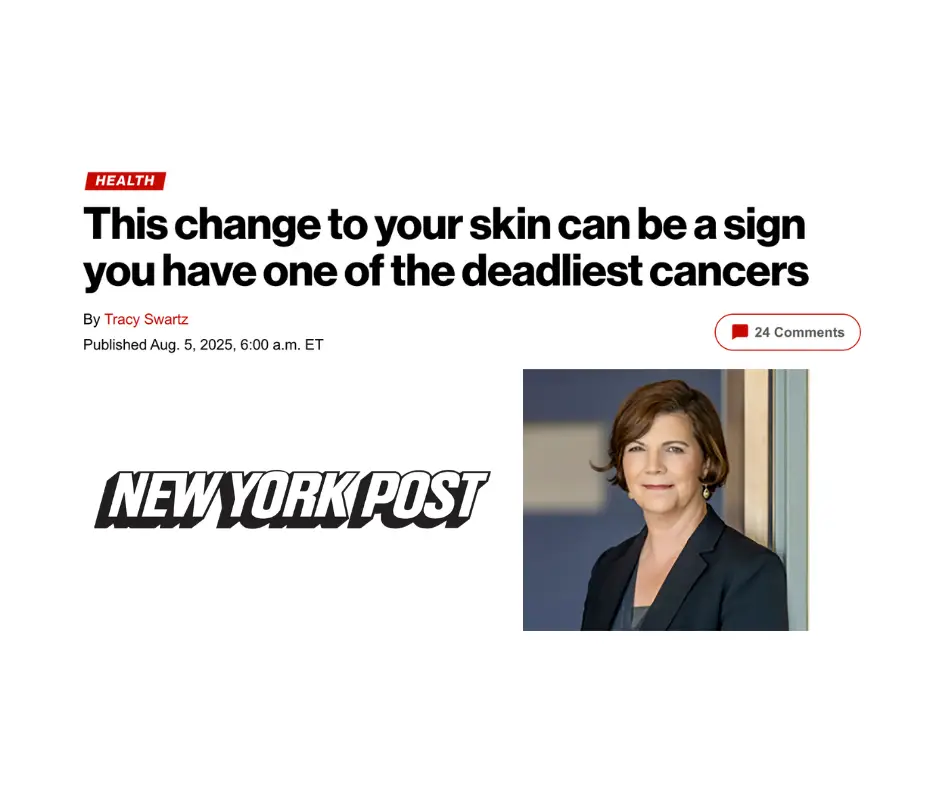For good reason, gut health has become a hot topic in the world of wellness. The trillions of microorganisms living in our digestive tract, known as the gut microbiome, are crucial to the functioning of our bodies. From digestion and nutrient absorption to mood regulation and immune defense, a healthy gut supports nearly every system in the body. But can it also influence something as serious as pancreatic cancer?
Pancreatic cancer is one of the most aggressive and challenging cancers to detect and treat. With rising awareness around the importance of gut health, researchers are now asking an important question ‘Is there a connection between gut health and pancreatic cancer?’ In this blog, let’s explore what it might mean for prevention or treatment and how maintaining a balanced gut could support overall wellness.
What Does Gut Health Actually Mean?
When people talk about gut health, they’re usually referring to the balance and function of the digestive system, including the bacteria that live in the intestines. This complex ecosystem, known as the gut microbiome, includes a mix of good and bad bacteria, fungi, and other microbes.
A healthy gut means:
- Proper digestion and nutrient absorption.
- A strong intestinal barrier.
- Balanced immune activity.
- Low levels of chronic inflammation.
Several lifestyle choices help support gut health:
- Eating a high-fiber diet rich in fruits, vegetables, legumes, and whole grains.
- Consuming fermented foods like yogurt, kimchi, and kefir.
- Staying hydrated.
- Limiting processed foods, sugar, and alcohol.
- Getting enough sleep and managing stress.
These habits help promote a thriving and healthy microbiome, which in turn supports better physical and mental health.
Understanding Pancreatic Cancer
Pancreatic cancer begins in the tissues of the pancreas, a gland located behind the stomach that helps regulate blood sugar and digestion by producing insulin and enzymes. There are different types, but pancreatic ductal adenocarcinoma is the most common and deadly.
One of the biggest challenges with pancreatic cancer is that it’s often diagnosed late, after it has already spread to other organs. Early symptoms like fatigue, digestive discomfort, or mild weight loss are often overlooked.
Even though not all causes are fully understood, lifestyle and inflammation appear to affect how this cancer develops.
Risk factors include:
- Smoking
- Obesity
- Type 2 diabetes
- Chronic pancreatitis
- A family history of pancreatic cancer
- Certain genetic mutations (e.g., BRCA2)
How Are the Gut and Pancreas Connected?
The gut and pancreas work closely together. The pancreas produces enzymes that help break down fats, proteins, and carbohydrates in the small intestine. It also releases hormones like insulin to regulate blood sugar.
The gut microbiome may influence the pancreas in more ways than digestion alone. Research has shown that dysbiosis, an imbalance in gut bacteria, can trigger chronic inflammation and disrupt the immune system. Over time, this may contribute to cellular damage and disease in nearby organs, including the pancreas.
There’s growing interest in how gut microbes:
- Interact with the immune system.
- Affect inflammation in and around the pancreas.
- Influence the environment in which tumors grow (known as the tumor microenvironment).
These interactions suggest a potential link between gut health and pancreatic cancer development.
What Does the Research Say?
While the science is still evolving, early research has found some fascinating findings.
1 – Microbiome Differences in Pancreatic Cancer Patients
Studies have found that the gut microbiomes of people with pancreatic cancer often look different from those without the disease. Certain harmful bacteria may be more abundant, while beneficial bacteria may be lacking. Researchers are investigating whether these changes contribute to cancer development or if the cancer itself causes changes in the microbiome.
2 – Bacterial Signatures Linked to Tumor Behavior
Specific bacterial strains in the gut or even inside pancreatic tumors may affect how the tumor grows and spreads. Some bacteria may fuel inflammation, suppress the body’s ability to detect and destroy cancer cells, or make the tumor more resistant to treatments like chemotherapy.
3 – Microbiome and Treatment Response
There’s also growing interest in how the gut microbiome may change cancer treatment effectiveness. In other cancers, gut bacteria have been shown to influence how well patients respond to immunotherapy, a treatment that uses the body’s immune system to fight cancer. While research in pancreatic cancer is still early, similar patterns are being explored.
Can Supporting Gut Health Help?
While gut health alone can’t prevent or cure pancreatic cancer, maintaining a healthy microbiome may offer supportive benefits, especially for patients in treatment or recovery.
Here’s how:
- Improved digestion and nutrient absorption during or after treatment.
- Reduced inflammation, which may help support the immune system.
- Better tolerance of certain cancer treatments.
- Enhanced overall well-being, including energy, mood, and sleep.
Many doctors now recommend gut-friendly lifestyle changes for cancer patients and survivors. These include:
- Eating more whole plant-based foods.
- Including fermented foods like sauerkraut, kombucha, and plain yogurt.
- Staying physically active.
- Avoid processed foods and added sugars.
- Using probiotics (if advised by a doctor).
Again, these habits are not a substitute for treatment, but they may help the body better cope with the challenges of cancer and recovery.
What We Still Don’t Know
While the link between gut health and pancreatic cancer is promising, there’s still a lot we don’t understand.
- It’s not clear whether microbiome changes cause pancreatic cancer or happen because of it.
- Most of the research so far is in animals or small human studies.
- More clinical trials are needed to test whether changing gut bacteria can directly improve patient outcomes.
- There’s no single probiotic or diet proven to prevent pancreatic cancer. That’s why it’s important to avoid unproven treatments or extreme dietary changes without medical guidance.
Gut health is more than just digestion, it’s a central part of overall wellness. As scientists continue to explore the gut-pancreas connection, early findings suggest that the microbiome may help in the development and progression of pancreatic cancer.
While we don’t have all the answers yet, taking care of your gut is still a smart and practical choice. A balanced gut may help reduce inflammation, support the immune system, and improve quality of life, especially for those facing or recovering from serious illnesses.
If you’re concerned about your gut health or cancer risk, talk to your healthcare provider. They can help you find safe and evidence-based ways to support your body, inside and out.
At TrovaNow, we’re committed to supporting research, education, and innovation in the fight against pancreatic cancer. Join us in our mission to advance the early detection of pancreatic cancer, change the future of this disease, and improve survival rates. Together, we can help create a future where pancreatic cancer is detected earlier, treated more effectively, and more lives are saved.






